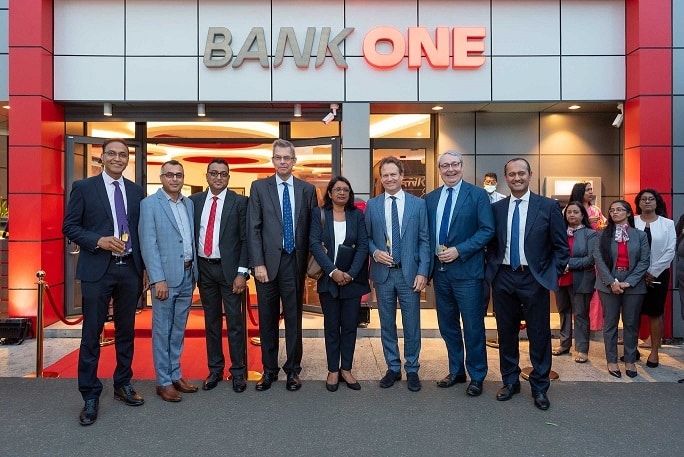In response to drought and floods that are undermining people’s livelihoods in East Africa, the International Finance Corporation (IFC), the World Bank’s private sector financing arm, is partnering with Port Louis, Mauritius-based private commercial bank Bank One. The partnership, which focuses on risk assessment and climate resilience, will enable the financing of sustainable projects in the region.
The target countries are Mauritius, Kenya, Uganda, Tanzania and Rwanda. The aim is “to estimate the carbon footprint of Bank One’s portfolio of activities in sub-Saharan Africa and support it in improving its sustainability-based decision making. This will enable the company to lend more funds to companies for green projects,” says the IFC.
According to Marcelle Ayo, its country director in Mauritius, a more climate-resilient financial sector will help achieve the UN’s Sustainable Development Goals (SDGs) by 2030 as well as “stabilize economic growth. A view shared by the CEO of Bank One. For Mark Watkinson, this initiative, which is part of their environmental, social and governance (ESG) strategy, will make his company “a reference in the field of green finance” in sub-Saharan Africa.
Support from development partners
Other countries such as Guinea, Guinea-Bissau, Gambia, Ivory Coast, Sierra Leone, Benin and Burkina Faso are also seeking financing to accelerate their ecological transition. To achieve this, the ECOWAS Bank for Investment and Development (EBID) recently announced that it would release funds between 2023 and 2025 for the implementation of eco-responsible initiatives led by the governments of its member states.
Read also-AFRICA: €1.2m for climate resilience for displaced people in six cities
Among other development partners supporting climate resilience on the continent is the British International Investment (BII). A few days ago, the British development finance institution pledged 20 million euros to The Urban Resilience Fund (TURF) launched by the French group Meridiam, which specializes in the development, financing and management of public infrastructure projects. The funds will initially be used for the installation of solar micro-grids and the development of digital solutions to improve access to basic services in several African cities.
Benoit-Ivan Wansi
